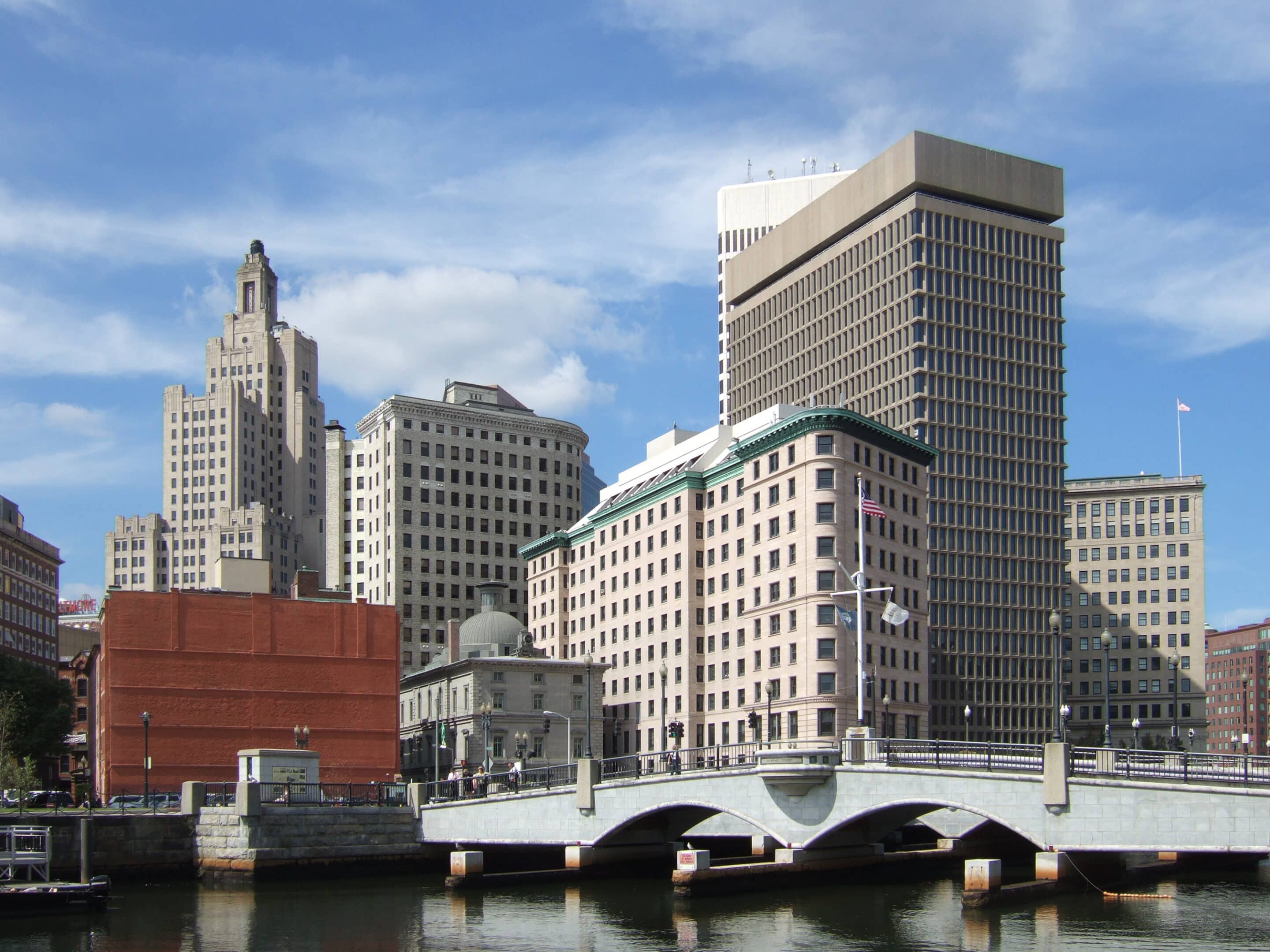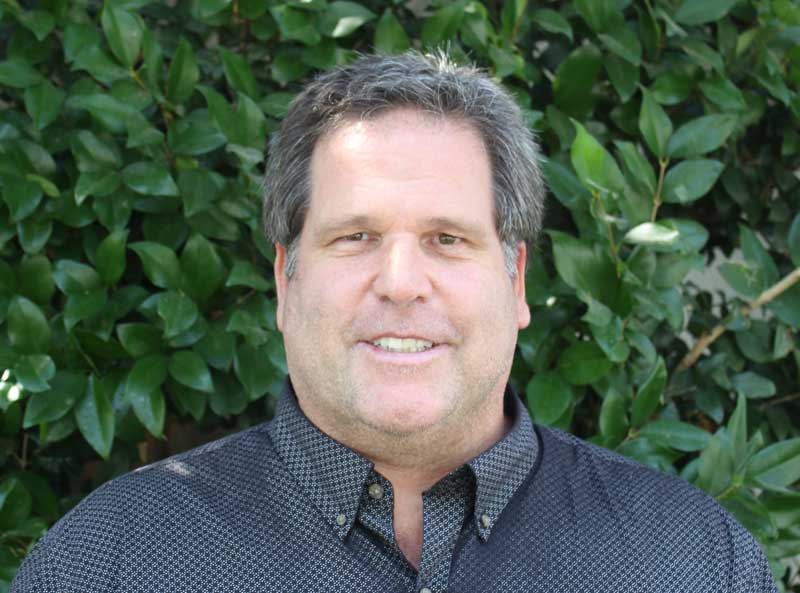- About Us
- Intervention Services
- Alcohol Abuse Interventions
- Drug Interventions
- Cocaine Intervention
- Heroin Intervention
- Ketamine Addiction
- Meth Intervention
- Opioid Intervention
- Dual Diagnosis Interventions
- OCD Interventions
- Intervention Services By Type
- ARISE® Intervention
- Crisis Interventions
- Interventions For Executives
- Interventions for Teens
- Mental Health Interventions
- The Johnson Model Intervention
- Resources
- Service Areas
- Contact
- About Us
-
-
About Addiction Interventions
- About Us
- Why Choose Us
-
-
- Intervention Services
-
-
Alcohol Abuse
- Alcohol Abuse Interventions
-
-
- Resources
-
-
Addiction
- Alcohol Detox
- Drug Detox
-
Take a Quiz
- Intervention Quiz
- Codependency Assessment
-
-
- Service Areas
- Contact


















